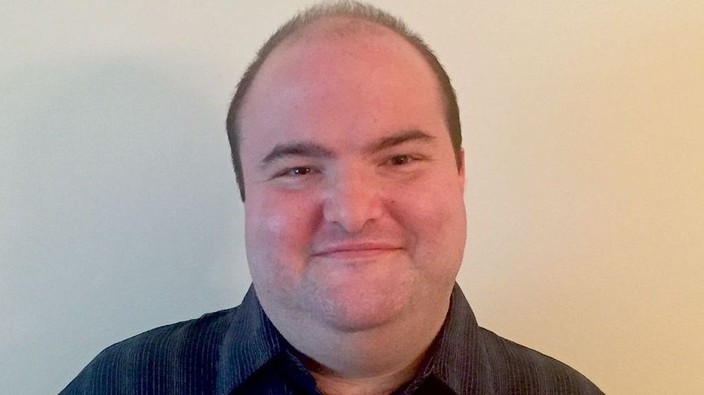are there any sorts of special considerations you have to take in your daily life?
i do have respiratory issues, so i’m always conscious of not really exerting myself too much. i have to be careful with balance and coordination; especially in the winter it’s hard to get out. so, i have a treadmill here at home i use for exercise, things like that. with my kidney and liver, there’s always a chance of something happening, so over time i’ve become one more conscious of what i eat, exercising, just asking for help if there’s anything i need.
i have issues sometimes with habitual learning, so i make lists. i have to do things a certain amount of times before it really clicks for me. so, things like that.
have you had any interactions with others who misunderstand your abilities due to your condition?
not really. i mean it’s less that people and misunderstand my ability, as they just never heard of the syndrome. i have had one or two negative comments, or comments that could be taken negatively, but i just shrug it off. it’s not anything.
how has life been through the pandemic for you?
there have been a few little rough times. but overall, it hasn’t been too bad. i have a laptop from my work, so i’m able to work from home and do my job. i’ve been involved in things like a book club or a group that’s called the ottawa comic jam for artists and writers – those have gone online with chat groups. i’ve actually been able to do more events than if they were in person because of travel issues, so it’s been pretty good.
 7 minute read
7 minute read








